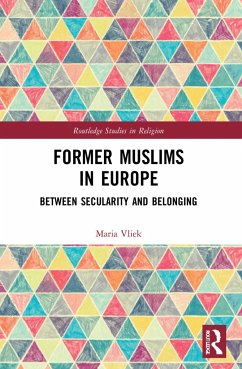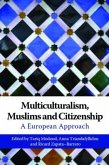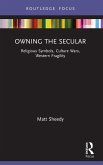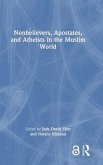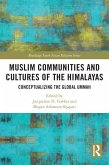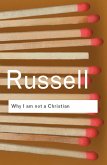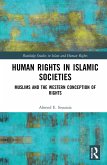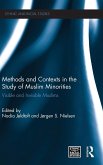Within contemporary Western European academic, media, and socio-political spheres, Muslims are predominantly seen through the lens of increased religiosity. This religiosity is often seen as problematic, especially in the context of securitised discourses of Islamist terrorism. Yet, there are clear indications that a growing number of people who grew up in Muslim families no longer subscribe to Islam or call themselves religious at all.
Drawing on fieldwork in the UK and the Netherlands, this study examines the experiences of people moving out of Islam. It rigorously questions the antagonistic nature of the debate between 'the religious' and 'the secular', or who is in and who is out, and argues for recognition of the ambiguity that most of us live in. Revealing many complex forms of moving out, this study adds much-needed nuance to understandings of secularity and Muslim identities in Europe.
Drawing on fieldwork in the UK and the Netherlands, this study examines the experiences of people moving out of Islam. It rigorously questions the antagonistic nature of the debate between 'the religious' and 'the secular', or who is in and who is out, and argues for recognition of the ambiguity that most of us live in. Revealing many complex forms of moving out, this study adds much-needed nuance to understandings of secularity and Muslim identities in Europe.

